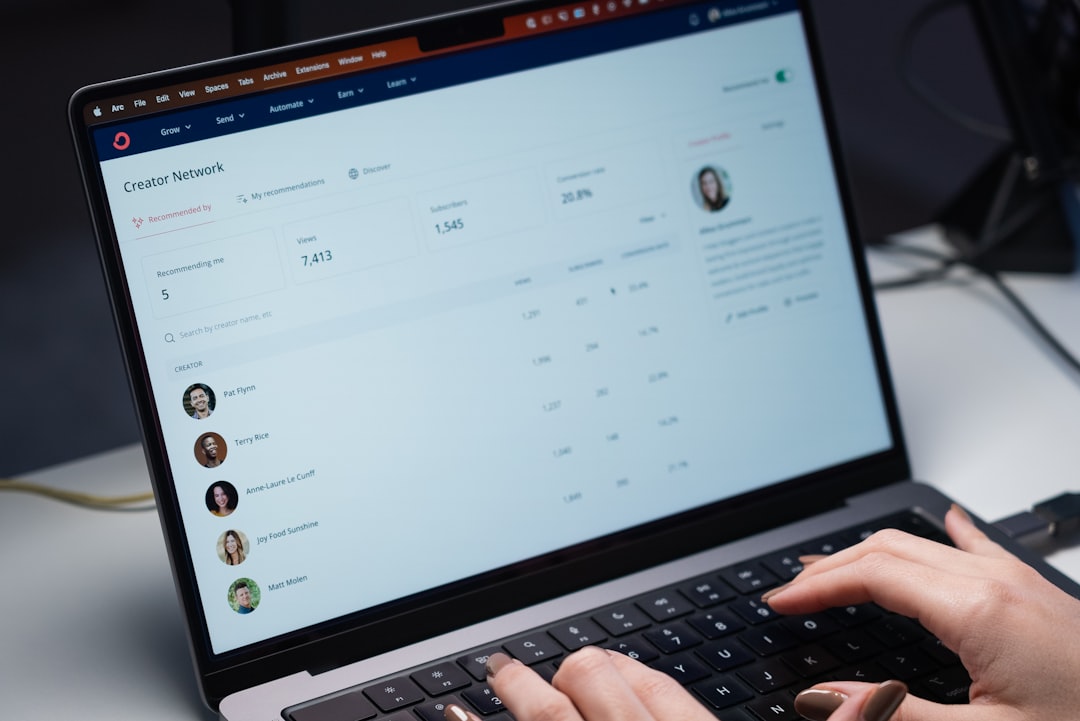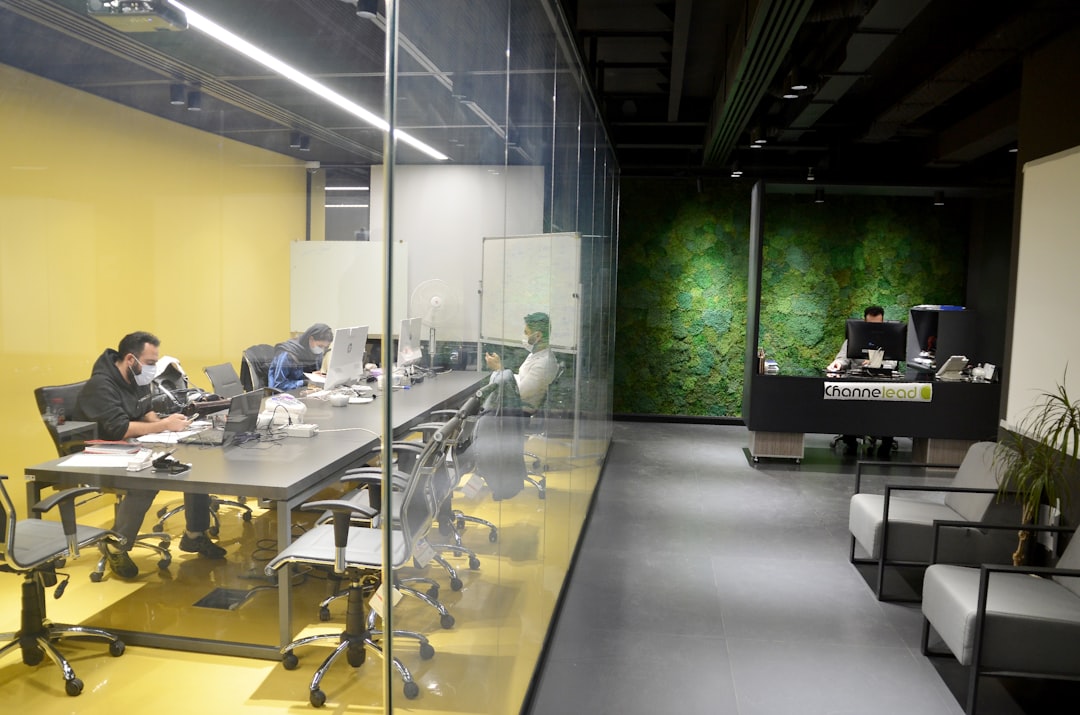In a world increasingly reliant on digital solutions, productivity apps have become indispensable tools for managing time, tasks, and teams. As we move through 2025, several apps have distinguished themselves as leaders in enhancing efficiency, whether you’re a freelancer, a student, or managing a large organization. Below is a detailed and trustworthy review of the most popular productivity apps that are shaping workflows in 2025.
1. Notion
Category: All-in-One Workspace
Notion continues to dominate in 2025 due to its unmatched flexibility and integration capabilities. It’s ideal for those looking to centralize their work into a single platform. Notion combines note-taking, task management, wikis, and databases into a seamless interface.
- Pros: Highly customizable, strong collaboration features, active community support
- Cons: May have a steep learning curve for new users
With new updates introduced this year, including AI-powered writing assistants and improved team permissions, Notion proves itself a leader in both individual productivity and team coordination.

2. Todoist
Category: Task Management
Todoist has evolved from a simple to-do list into an intelligent task management system. In 2025, it remains a favorite for those who want minimalism combined with powerful features.
- Pros: Intuitive UI, cross-platform support, smart natural language input
- Cons: Limited free version, fewer collaborative tools
New features this year include focus mode, multi-calendar syncing, and AI-suggested tasks based on usage patterns. These features make Todoist an excellent choice for those who prioritize task clarity and scheduling precision.
3. Trello
Category: Project Management
Trello remains a staple in visual project management, particularly for teams and creative professionals. With its signature kanban board style, Trello helps users visualize work processes from start to finish.
- Pros: Easy to use, visually appealing, integrates with major services like Slack, Google Drive
- Cons: Can become cluttered with large teams or complex projects
In 2025, Trello has received significant improvements including AI-powered board suggestions, better timeline views, and customizable templates for various industries.
4. ClickUp
Category: Productivity Ecosystem
ClickUp continues to challenge the status quo by offering a truly all-in-one productivity platform. It combines notes, docs, tasks, goals, and time tracking in one highly customizable ecosystem.
- Pros: High functionality, scalable for teams and enterprises, great automation
- Cons: Complex UI for beginners, requires setup time
ClickUp’s 2025 update introduces a deeply integrated AI project assistant that gives real-time suggestions and automations for productivity optimization. It’s best suited for teams looking for a scalable and detailed productivity tool.

5. Microsoft Loop
Category: Real-Time Collaboration
Microsoft Loop has gained rapid traction in 2025 as a next-generation real-time collaboration app. Integrated seamlessly with Microsoft 365, Loop takes components from traditional document editing and makes them interactive and shareable across platforms.
- Pros: Real-time editing, strong integration with Office tools, ideal for hybrid teams
- Cons: Requires Microsoft ecosystem access, early-stage bugs reported
Its component-based collaboration is particularly useful for organizations dealing with cross-functional projects. Combined with cloud syncing, Loop empowers teams to work fluidly from anywhere.
6. Sunsama
Category: Daily Planning
Sunsama has found its niche as a daily planner focused on work-life balance. This tool lets users plan their tasks in alignment with their calendar, promoting mindful scheduling over relentless productivity.
- Pros: Integrates with popular calendars and task tools, supports deep work, clean UI
- Cons: Subscription-based, feature set may be too narrow for some users
Its 2025 version now includes AI-powered time blocking, mindfulness metrics, and integration with wearable devices to monitor productivity and wellness alike. Sunsama stands out by aligning personal productivity with well-being.
7. Motion
Category: AI Task Scheduler
Motion has revolutionized how people schedule work by using AI to automatically arrange meetings and tasks for optimal productivity. Targeted primarily at busy professionals, it has become indispensable for those needing automated organization.
- Pros: AI-driven scheduler, personalized time management, adaptable
- Cons: Can be overwhelming at first, requires consistent usage to be effective
Updates in 2025 include smarter pattern recognition, improved deadline management, and smarter rescheduling algorithms. If you’re looking for a tool that tells you exactly what to do and when, Motion is worth a try.
8. Google Workspace with Gemini AI
Category: Productivity Suite
Google Workspace continues to be a strong contender in the productivity landscape, especially with the full integration of Gemini AI in 2025. From drafting emails in Gmail to analyzing data in Sheets, the AI capabilities now make routine tasks faster and more intuitive.
- Pros: Powerful AI tools, seamless cross-platform collaboration, great for remote teams
- Cons: Requires strong internet connection, privacy concerns for sensitive data
The Gemini AI rollout strengthens Google’s position by making repetitive tasks faster and decision-making more data-driven. For users already embedded in the Google ecosystem, this productivity suite is unmatched.

9. Obsidian
Category: Knowledge Management
Obsidian remains a top choice for those who value private, markdown-based note-taking systems that cater to deep thinkers and knowledge workers.
- Pros: Local storage, backlinking for relational thinking, plugin-rich
- Cons: Less intuitive for new users, lacks native mobile sync without paid vault
In 2025, Obsidian has matured further with improved graph view, collaborative editing capabilities, and enhanced AI contextual search. It’s ideal for writers, researchers, and anyone who manages a large body of nonlinear information.
10. Evernote (Vesper Edition)
Category: Personal Organization
After several years of stagnation, Evernote has returned to form in 2025 with its “Vesper Edition” — a redesign that revitalizes the app with fast syncing, intelligent tagging, and cross-device consistency.
- Pros: Classic interface, strong search functionality, multimedia note support
- Cons: Subscription-based upgrades, past credibility issues
If you were once an Evernote fan disappointed by its decline, the 2025 “Vesper Edition” is worth reevaluation. With a clear roadmap and improved mobile performance, Evernote is climbing back into relevance as a premium note management tool.
Conclusion
The landscape of productivity apps in 2025 reflects significant advances in AI, collaboration, and user-centered design. Whether you’re looking for a daily planner like Sunsama, a flexible system like Notion, or AI-enhanced task scheduling through Motion, there’s never been a better time to find a productivity tool that fits your style.
Ultimately, the best app is the one that complements your personal workflow. As each of these platforms continues to evolve, investing time in learning the right one could substantially improve your efficiency and work-life balance in the years to come.